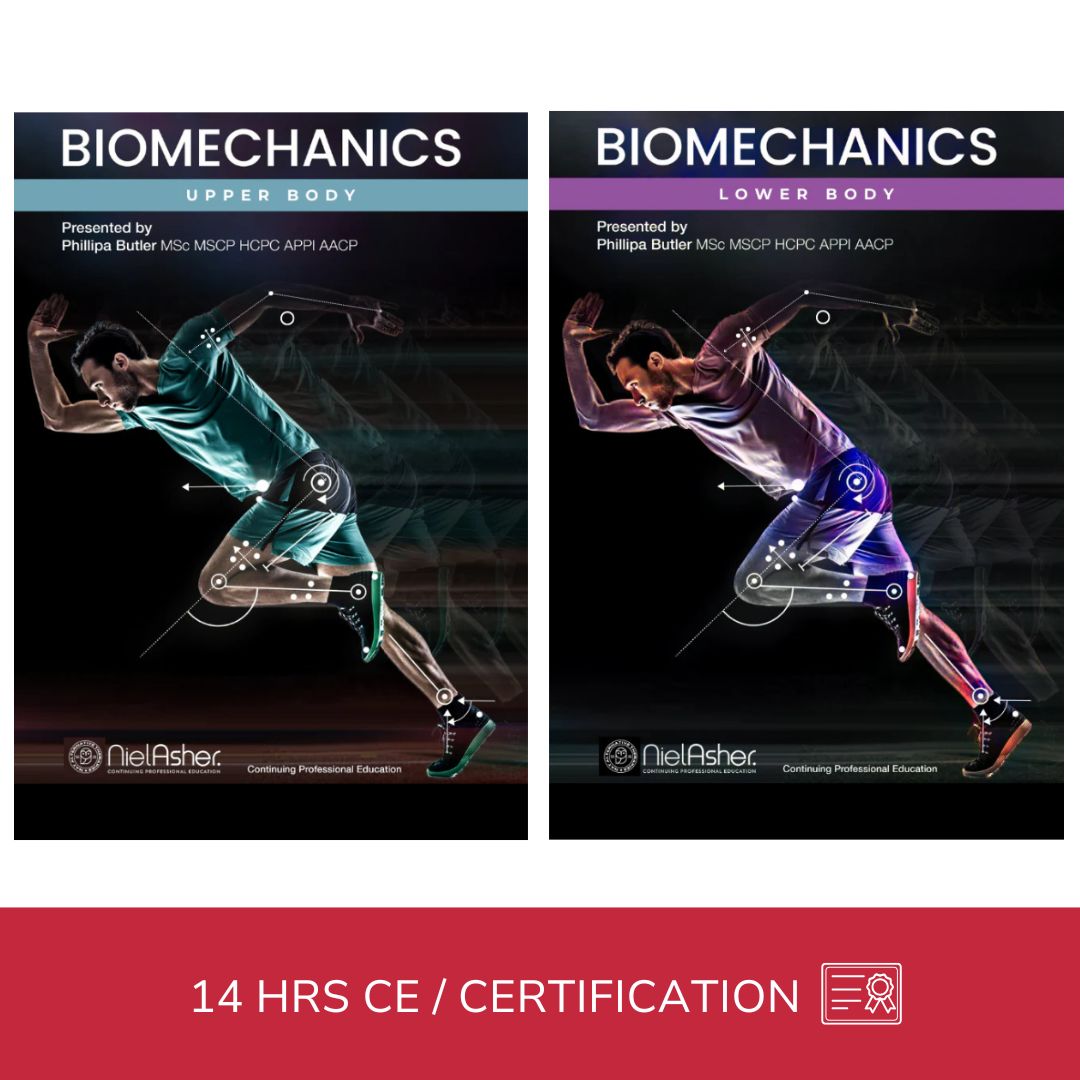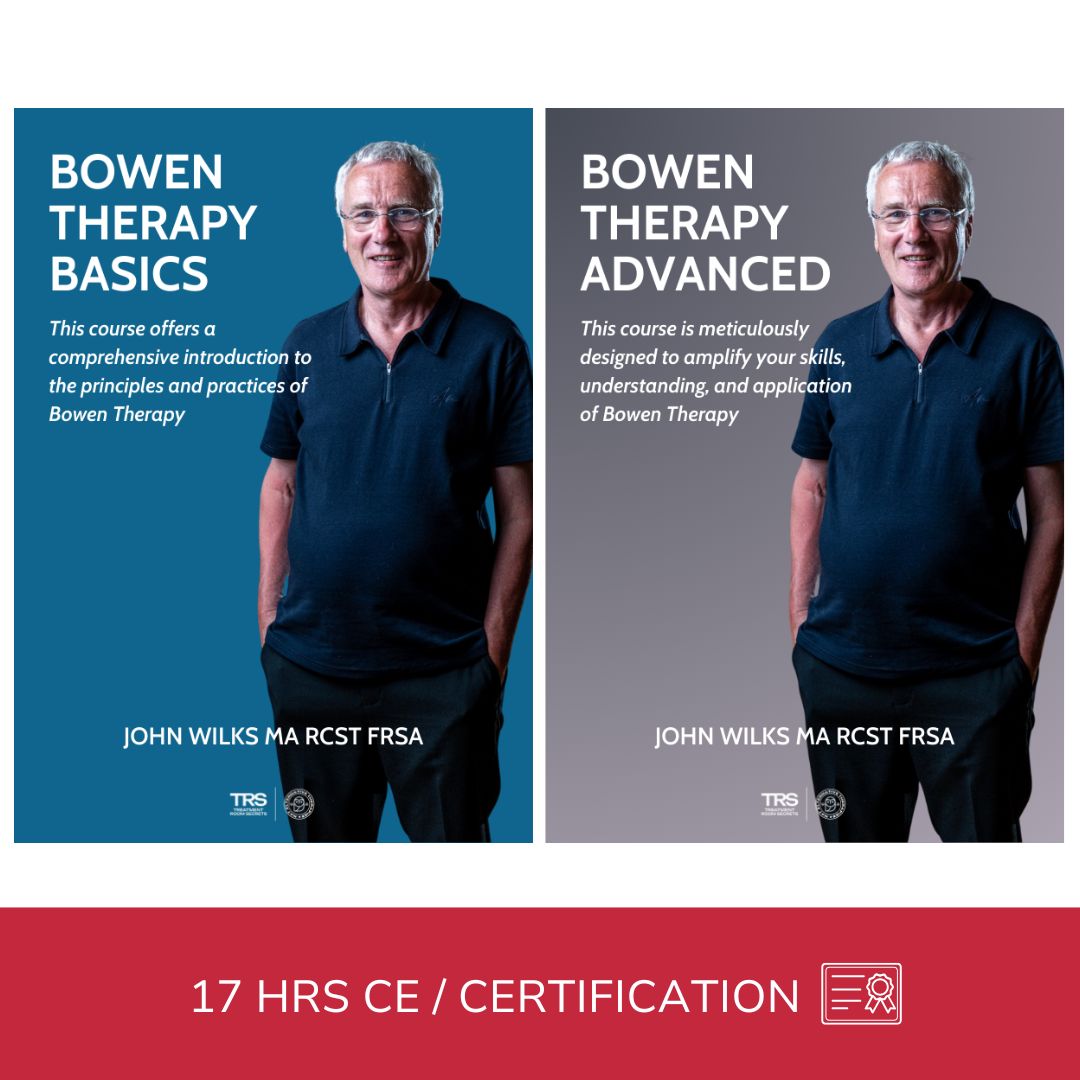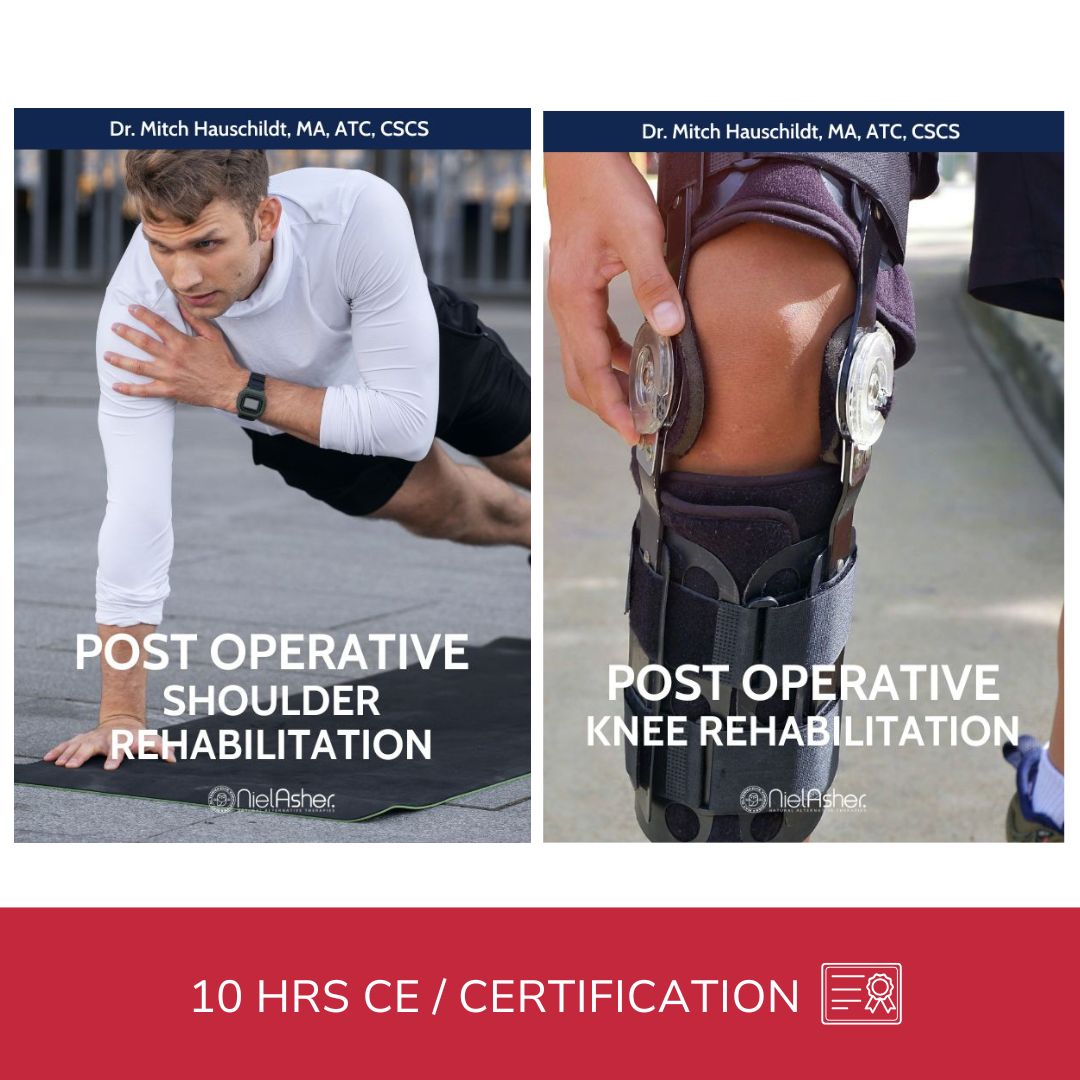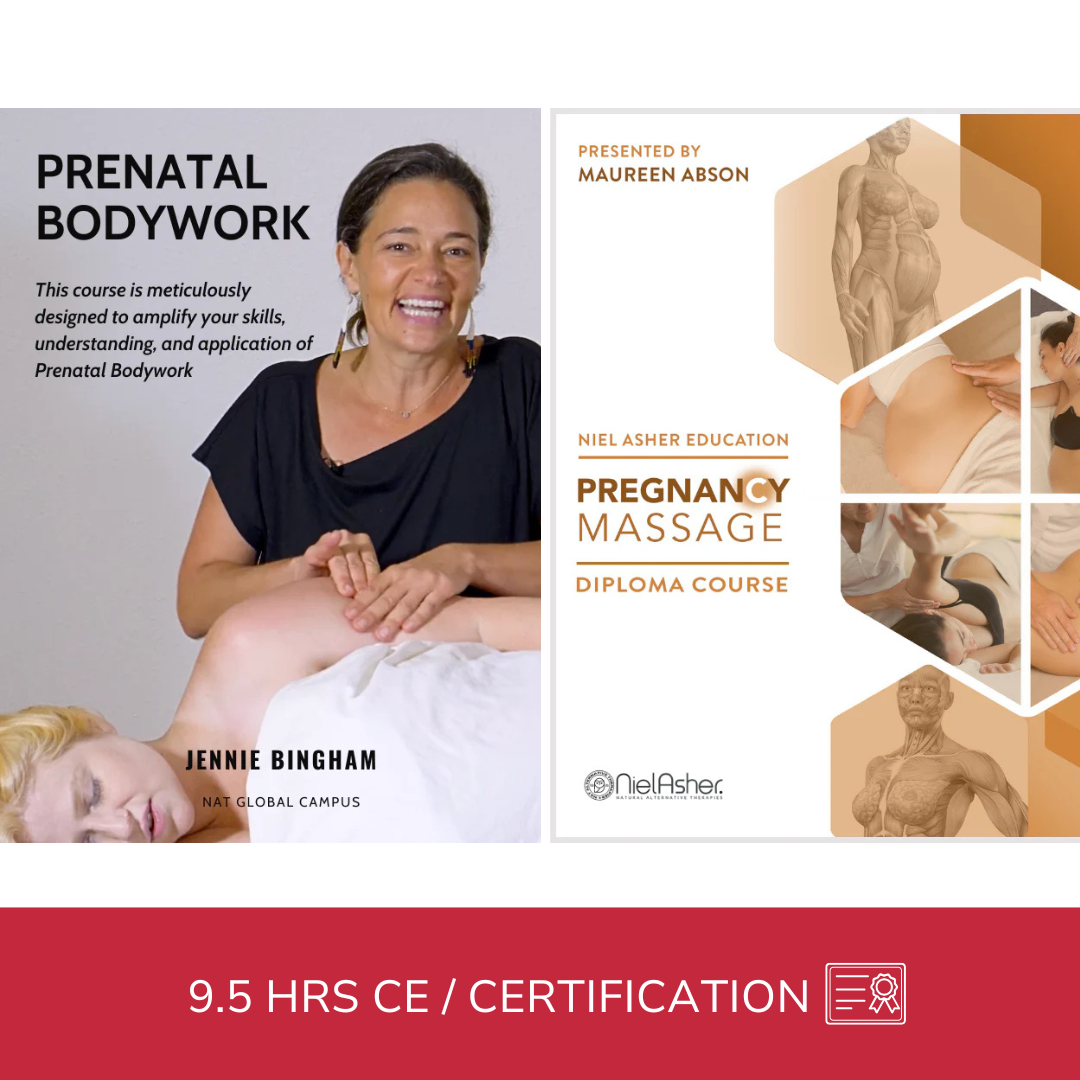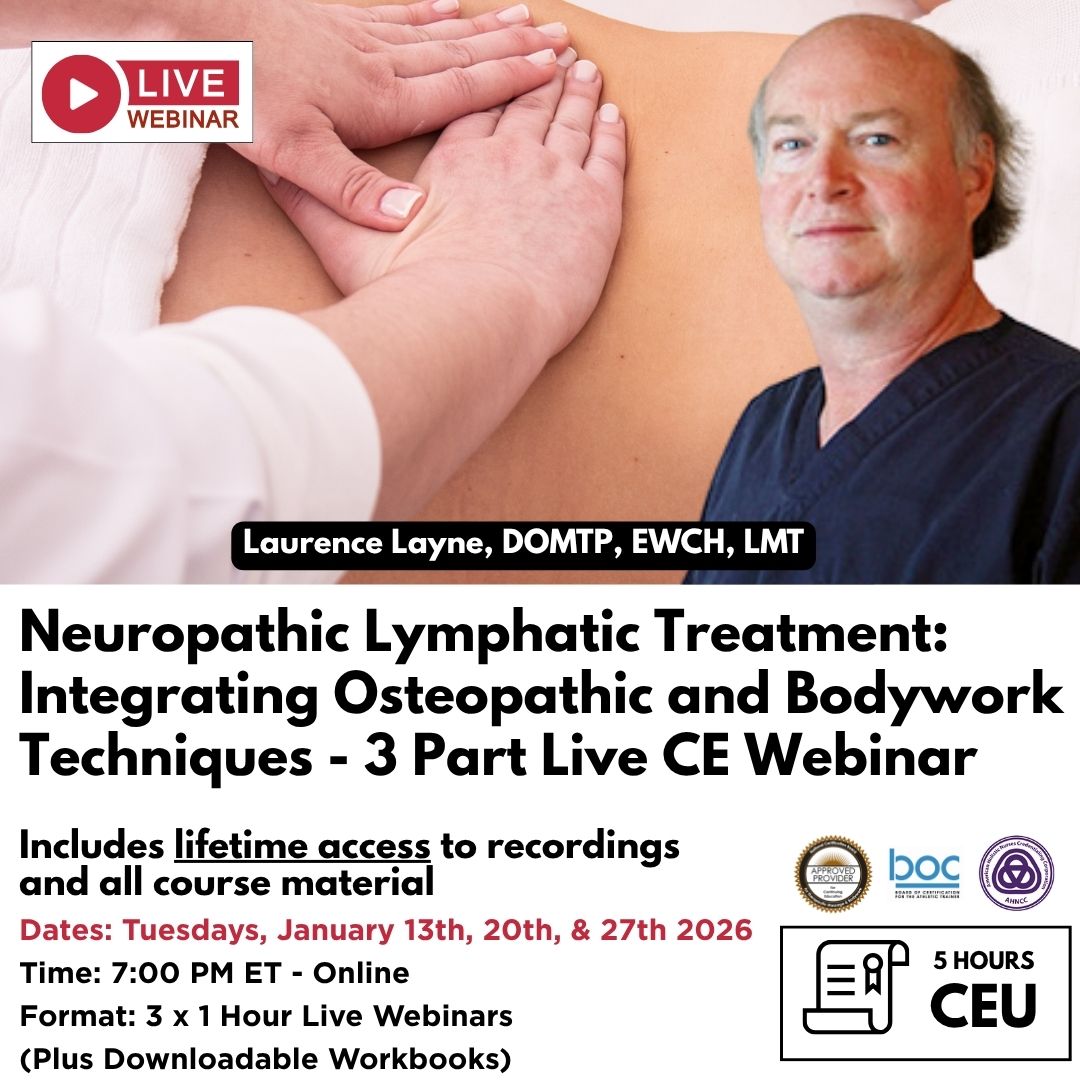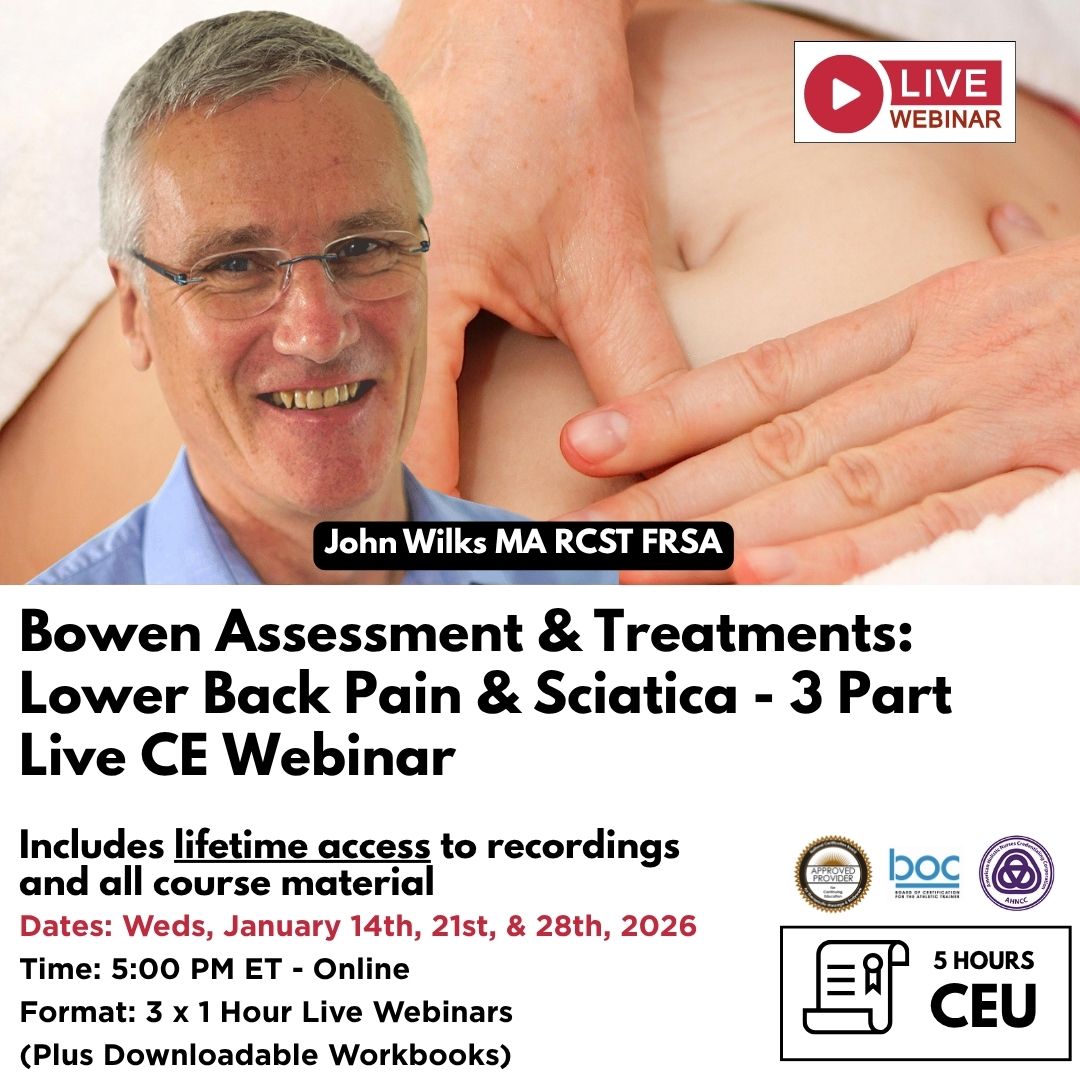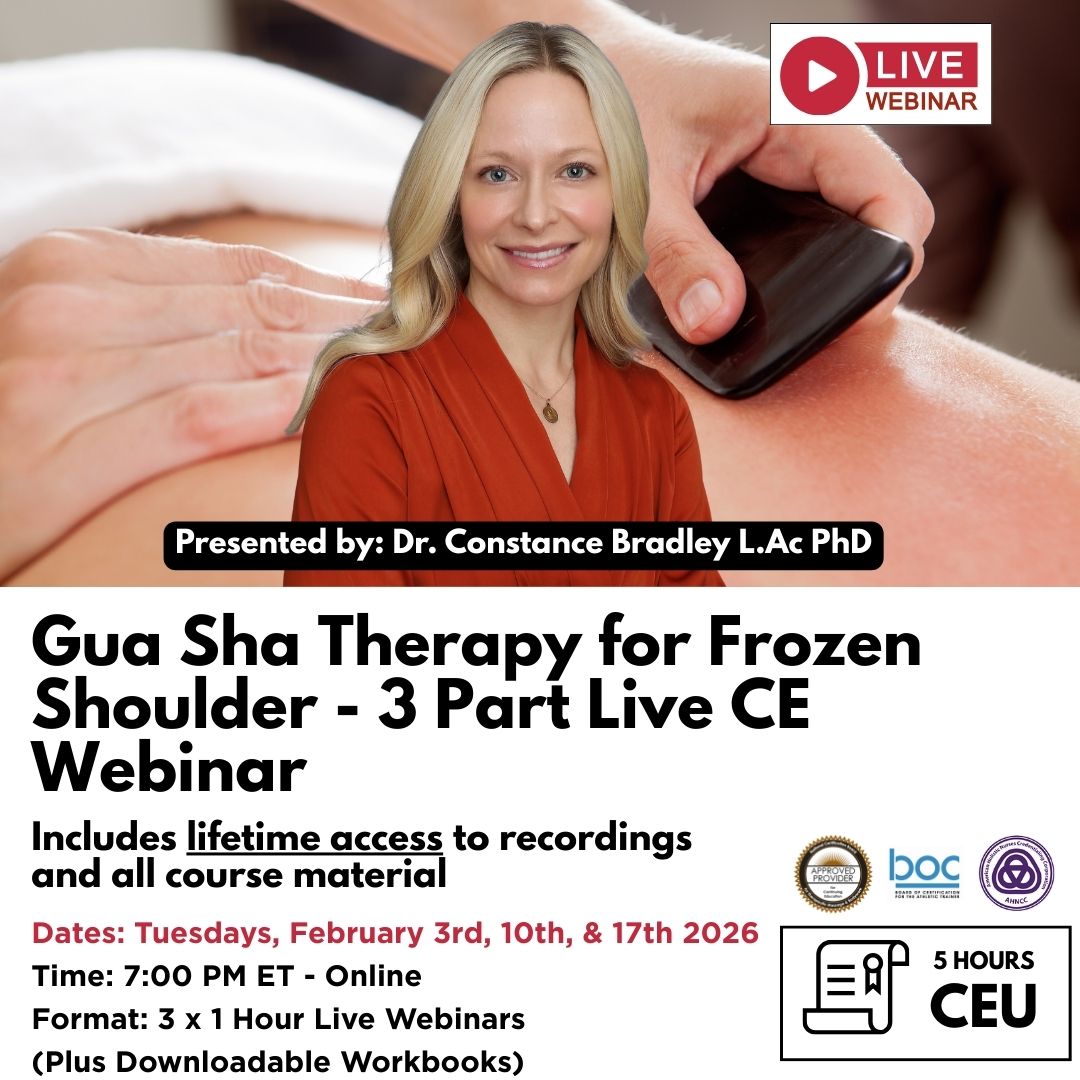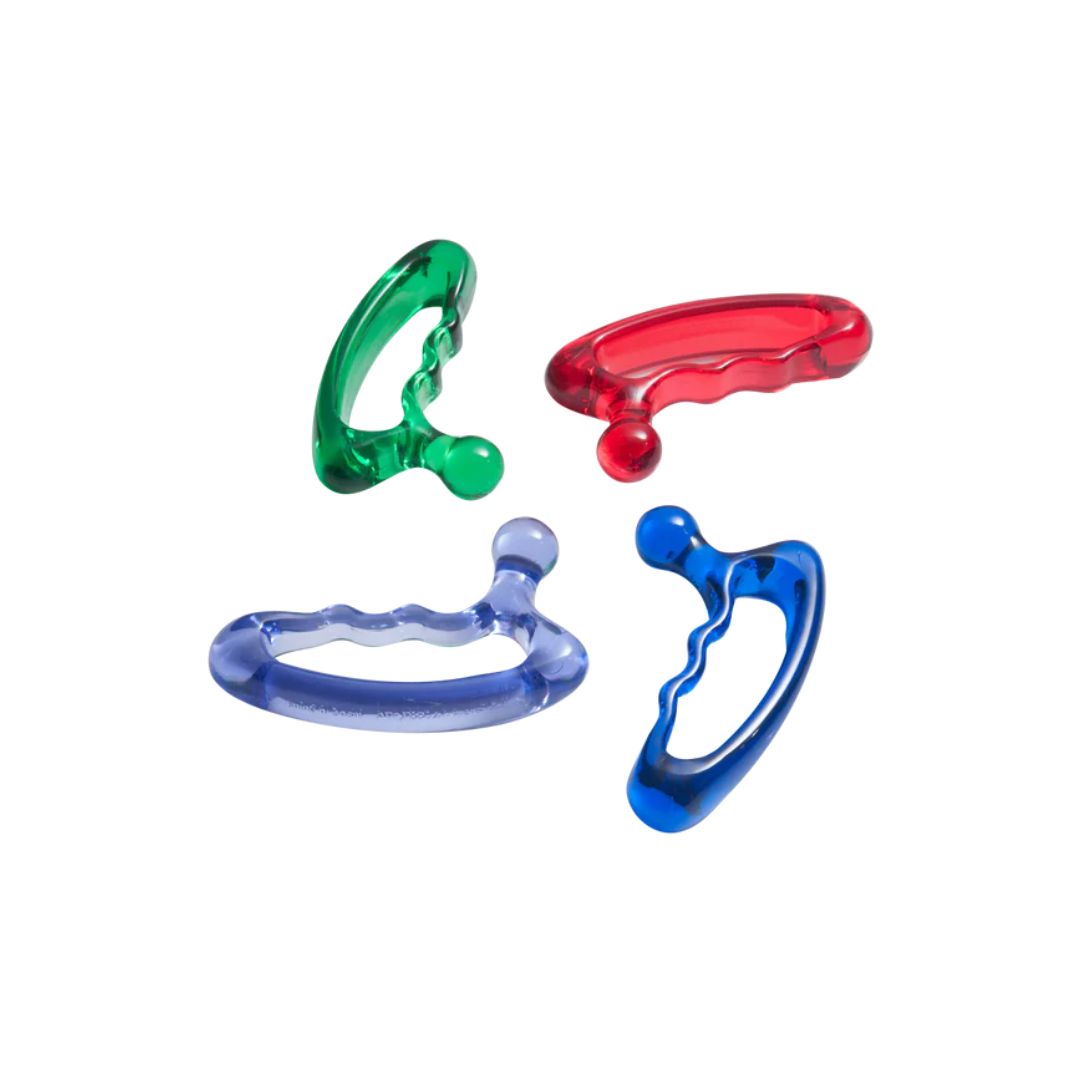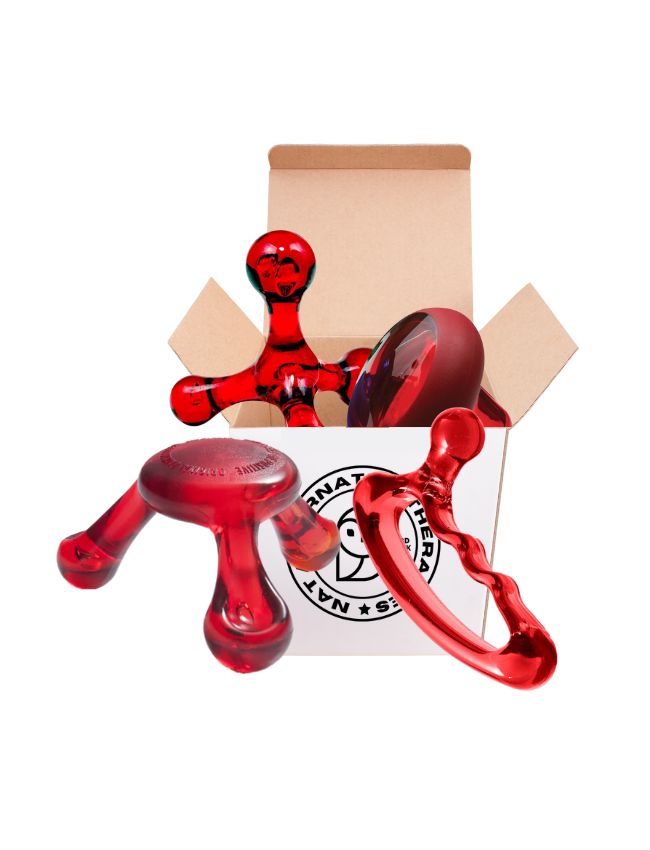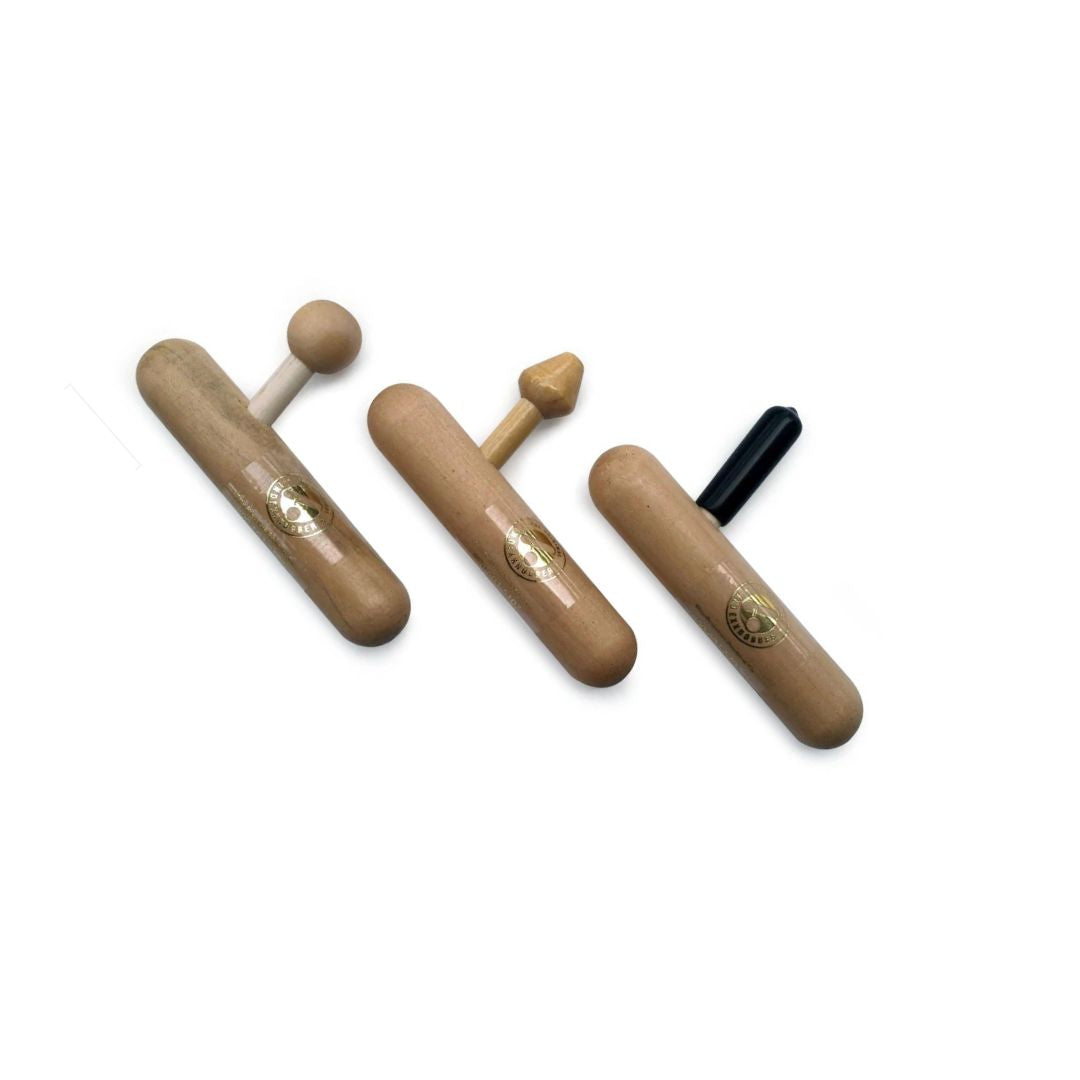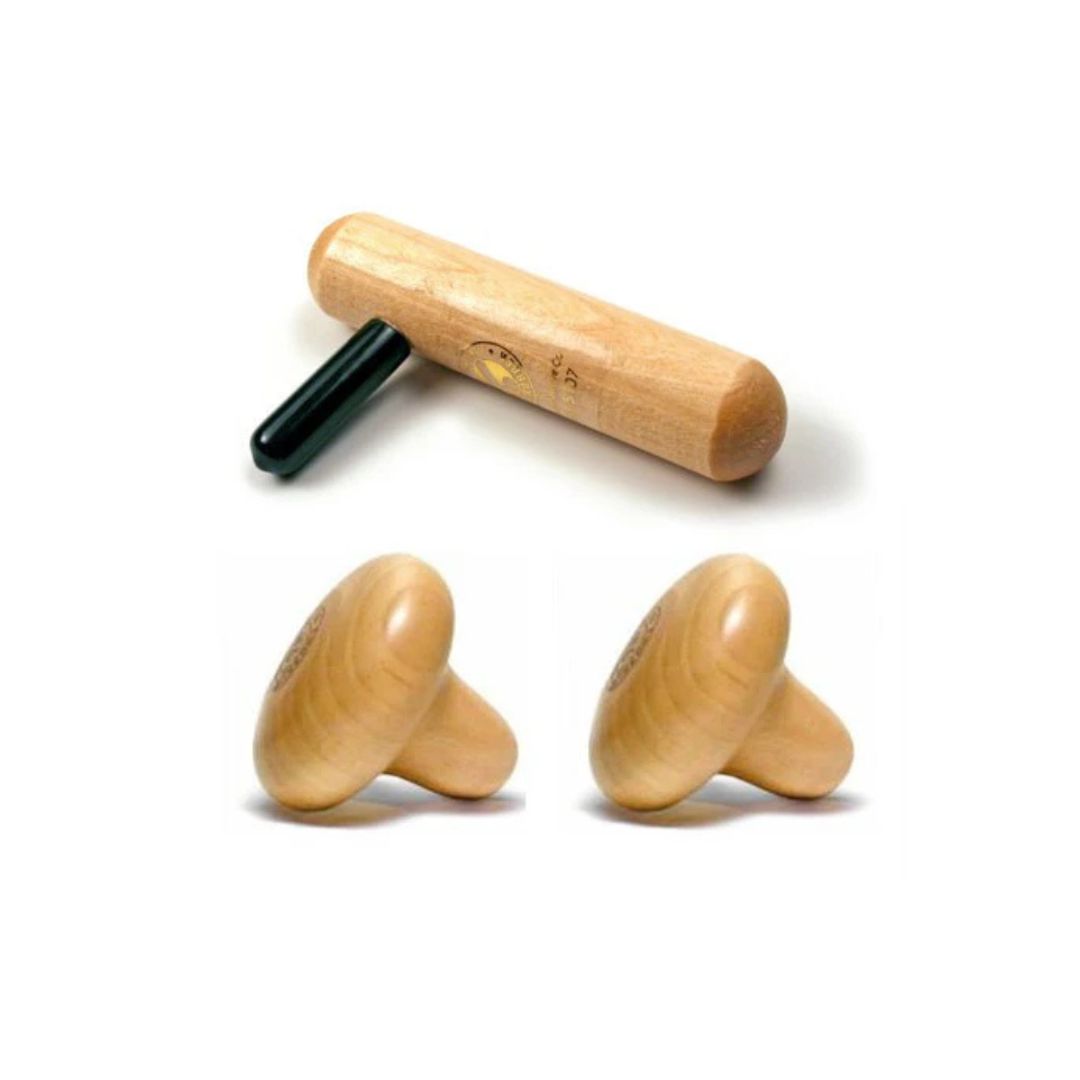Rotator Cuff Muscles and the Importance of Healthy Shoulders
When we think of sports that require strong, healthy shoulders, activities like swimming, tennis, and baseball often come to mind. However, maintaining shoulder health is crucial for all athletes, regardless of their primary sport.
Often overlooked by those who do not frequently use their arms or shoulders in their sport, shoulder conditioning is essential for preventing injuries and enhancing overall performance. This blog explores the importance of shoulder health, focusing on the rotator cuff, and highlights why every athlete should pay attention to strengthening and stretching these critical muscles.
Understanding the Rotator Cuff
The rotator cuff is a group of four muscles and their associated tendons that stabilize the shoulder joint and allow for a wide range of movements. These muscles include:
- Supraspinatus
- Infraspinatus
- Teres Minor
- Subscapularis
Together, they play a crucial role in shoulder stability, movement, and strength. Despite their importance, the rotator cuff muscles are often neglected in training routines, especially by athletes who do not perceive their sport as shoulder-intensive.
Why Shoulder Health Matters for All Athletes
1. Injury Prevention
Shoulder injuries can be debilitating, sidelining athletes for weeks or even months. Rotator cuff injuries are particularly common and can occur unexpectedly. For instance:
- Runners: A fall can result in the arm being forced into an awkward position, straining or tearing the rotator cuff muscles.
- Soccer Players: Physical clashes can lead to the arm being pulled beyond its usual range of motion, causing damage to the shoulder joint.
Regularly strengthening and stretching the rotator cuff can significantly reduce the risk of such injuries. A well-conditioned rotator cuff can better absorb the shock and stress of unexpected movements or trauma.
2. Enhanced Performance
Strong, flexible shoulders contribute to overall athletic performance. They enable better posture, improve balance, and allow for more efficient movement. Even sports that do not primarily use the arms can benefit from strong shoulders:
- Runners: Good shoulder posture can enhance running form, reduce fatigue, and improve breathing.
- Cyclists: Strong shoulders can help maintain better control and stability, especially during long rides or challenging terrains.
3. Balanced Muscle Development
Athletes often focus on the muscles most used in their sport, leading to imbalances that can cause injury and limit performance. Incorporating shoulder exercises into a training routine promotes balanced muscle development, ensuring that all muscle groups work harmoniously together.
Key Exercises for Shoulder Health
1. Rotator Cuff Strengthening
External Rotations: Using resistance bands or light dumbbells, external rotations target the infraspinatus and teres minor muscles.
Internal Rotations: These exercises focus on strengthening the subscapularis muscle, improving internal shoulder stability.
2. Shoulder Stretching
Cross-Body Shoulder Stretch: This stretch targets the posterior deltoid and helps maintain shoulder flexibility.
Sleeper Stretch: This stretch is particularly effective for the infraspinatus and teres minor, promoting better internal rotation flexibility.
3. Scapular Stabilization
Scapular Push-Ups: These exercises enhance the stability and strength of the shoulder blades, supporting overall shoulder health.
Y-T-W Raises: These movements help in strengthening the muscles around the shoulder blades, improving posture and shoulder function.
Conclusion
Healthy shoulders are vital for all athletes, regardless of their primary sport. Neglecting the rotator cuff and other shoulder muscles can lead to preventable injuries and hinder performance. By incorporating regular strengthening and stretching exercises into their training routines, athletes can enhance their shoulder health, prevent injuries, and improve their overall athletic performance. Remember, a well-rounded athlete is a resilient athlete. Prioritize your shoulder health to stay at the top of your game.
About Niel Asher Education
Niel Asher Education (NAT Global Campus) is a globally recognised provider of high-quality professional learning for hands-on health and movement practitioners. Through an extensive catalogue of expert-led online courses, NAT delivers continuing education for massage therapists, supporting both newly qualified and highly experienced professionals with practical, clinically relevant training designed for real-world practice.
Beyond massage therapy, Niel Asher Education offers comprehensive continuing education for physical therapists, continuing education for athletic trainers, continuing education for chiropractors, and continuing education for rehabilitation professionals working across a wide range of clinical, sports, and wellness environments. Courses span manual therapy, movement, rehabilitation, pain management, integrative therapies, and practitioner self-care, with content presented by respected educators and clinicians from around the world.
Known for its high production values and practitioner-focused approach, Niel Asher Education emphasises clarity, practical application, and professional integrity. Its online learning model allows practitioners to study at their own pace while earning recognised certificates and maintaining ongoing professional development requirements, making continuing education accessible regardless of location or schedule.
Through partnerships with leading educational platforms and organisations worldwide, Niel Asher Education continues to expand access to trusted, high-quality continuing education for massage therapists, continuing education for physical therapists, continuing education for athletic trainers, continuing education for chiropractors, and continuing education for rehabilitation professionals, supporting lifelong learning and professional excellence across the global therapy community.
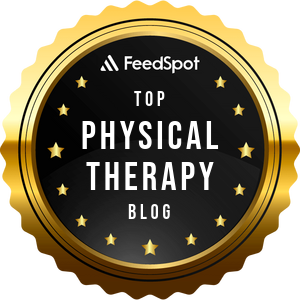
Continuing Professional Education
Looking for Massage Therapy CEUs, PT and ATC continuing education, chiropractic CE, or advanced manual therapy training? Explore our evidence-based online courses designed for hands-on professionals.

